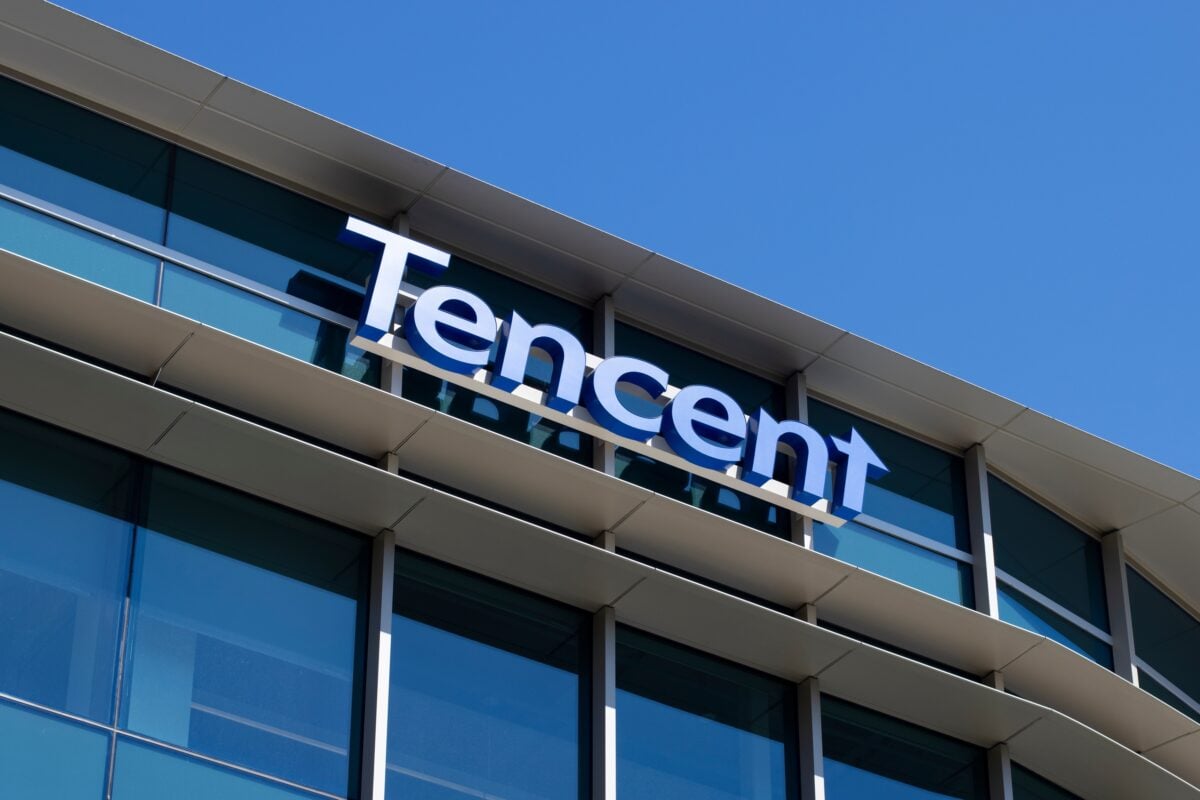TLDRs;
- Tencent hires ex-OpenAI scientist Yao Shunyu, intensifying global competition for elite AI researchers.
- Reports suggest Yao’s compensation could exceed $14 million, though Tencent disputes the exact figure.
- Yao’s move reflects China’s push to lure back talent trained in the U.S. and Europe.
- Global tech giants now treat AI researchers as strategic assets, offering unprecedented pay packages
Tencent has reportedly secured the expertise of Yao Shunyu, a leading artificial intelligence researcher who most recently worked at OpenAI, underscoring the escalating global competition for elite AI talent.
According to people familiar with the matter, Yao will play a central role in integrating advanced AI systems into Tencent’s wide range of services, from social media platforms to cloud technologies.
Yao’s career trajectory highlights his deep experience in the field. After graduating from Tsinghua University, one of China’s most prestigious institutions, he pursued a doctorate at Princeton University. His professional journey has taken him through academic research and corporate innovation, including stints at Google and OpenAI. Over the years, he has authored around ten research papers focusing on AI agents, earning him recognition as a thought leader in the space.
Reports of record compensation
Chinese media outlets have speculated that Yao’s compensation package could exceed 100 million yuan (approximately US$14 million), a figure that, if confirmed, would make him one of the highest-paid AI researchers globally.
However, Tencent moved quickly to temper the buzz, describing at least parts of the reporting as “rumors” on its official WeChat account without offering specifics.
Even if the rumored figure proves exaggerated, the episode highlights the extraordinary lengths tech giants are willing to go in securing the scarce pool of world-class AI talent. For comparison, machine learning engineers in the United States earn an average salary of around $175,000 annually, underscoring the vast disparity between standard pay scales and the premium commanded by top-tier experts.
A global race for brainpower
Yao’s move also reflects broader geopolitical and industry dynamics. According to recent studies, nearly a third of AI leaders have relocated from the United States to China in recent years, while only a small fraction, around 5%, have made the reverse move.
This shift is strategically important, as the U.S. currently hosts about 42% of global AI executive talent compared with China’s 25%.
For China, attracting researchers like Yao is part of a deliberate strategy to close the gap. By luring back scientists trained abroad who possess both academic rigor and corporate research experience, Chinese tech companies can accelerate their progress in building competitive large-scale AI models.
High stakes in the AI race
The recruitment battle is not unique to Tencent. Across the globe, major firms such as Meta, Microsoft, and Google are investing billions into AI development and offering record-breaking signing bonuses and salaries to attract top minds.
For these companies, star researchers are viewed less as employees and more as strategic assets whose expertise can tip the balance in a high-stakes race.
Tencent’s move signals that China is doubling down on this approach. Yao’s cross-disciplinary background aligns perfectly with the company’s ambition to embed AI across its ecosystem. Whether or not the rumored compensation figure is accurate, the message is clear: securing world-class talent is now as critical as developing the algorithms themselves.







